Ireland’s Nitrates Action Programme was signed into law last year and over the last few months some of the new elements have started to kick in.
The first was around the closing date for slurry spreading in autumn, having been brought forward from 15 October to 8 October.
The opening date for spreading chemical fertiliser is also being delayed to the end rather than middle of January.
Of course, nitrates banding was introduced on 1 January and many farmers are still getting their heads around what impact it’ll have on their farm.
Requirement
There are a raft of other changes also, including a new requirement for thousands more farmers to carry out soil sampling and spread slurry with low emission slurry spreading equipment and so on.
Each of these measures will have an impact on farming activity but they are also expected to have a positive impact on water quality also.
Irish farmers have to accept that if water quality is to improve, steps need to be taken to ensure that it happens.
However, there is one measure contained in the Nitrates Action Programme that is causing consternation and that is to do with the mid-term review and the reduction in the upper limit of the derogation from 250kg to 220kg N/ha.
Everyone who has read the condition and who has an understanding of water quality in Ireland accepts that this means that for the majority of dairy farmers the upper limit in the derogation will be 220kg/ha from 2024 onwards.
This measure will have massive consequences for rural Ireland because dairy farmers will require additional land just to remain compliant.
This additional demand factor is likely to lead to increased prices being paid for both land purchase and land leasing which with larger dairy farmers pushing smaller dairy, beef and tillage farmers aside when it comes to securing land because they have deeper pockets.
If farmers don’t secure additional land they will be left with no choice but to cut cow numbers. This measure will have huge ramifications for all farmers.
The funny thing is there is little scientific benefit to water quality by reducing stocking rates. This is what frustrates farmers the most and it begs the question why are Irish authorities accepting this imposition by the EU Commission?
It damages Irish agriculture and has no benefit in terms of water quality, in fact some are predicting that it could entice some farmers to become even more intensive because of the cow-based restrictions.
To address these issues and more, the Irish Farmers Journal are hosting two Nitrates information meetings this week.
The first is on Tuesday night 24 January at 7:30pm at Hotel Kilmore in Cavan while the second is on in Killeshin Hotel, Portlaoise on Thursday 26 January at 7:30pm.
Those interested in attending can register at www.ifj.ie/nitrates



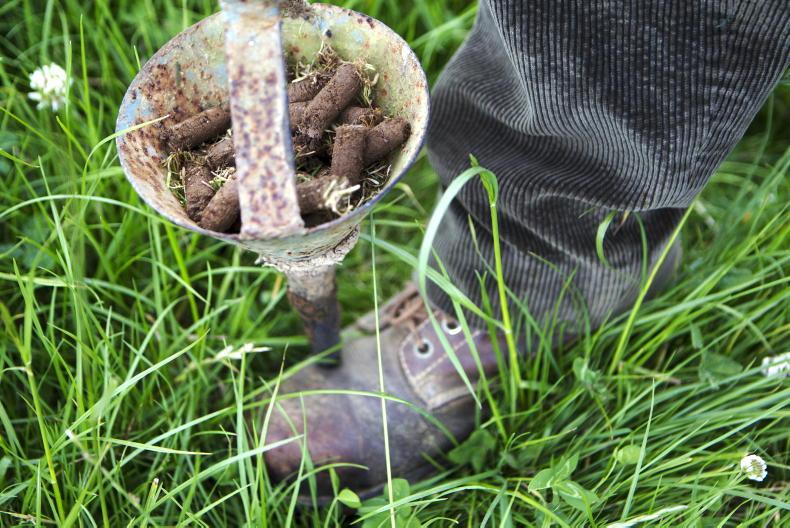
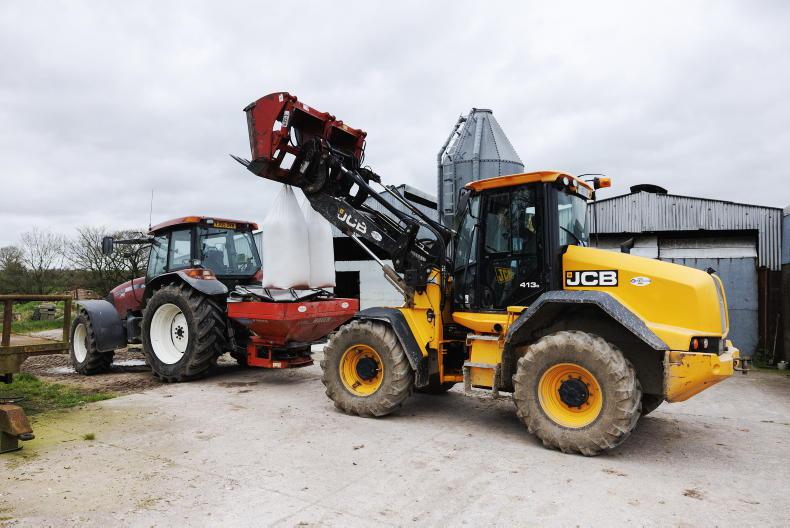

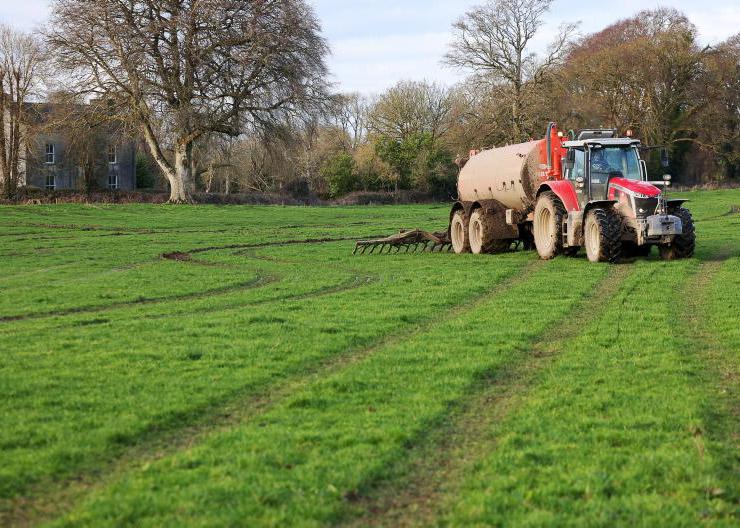
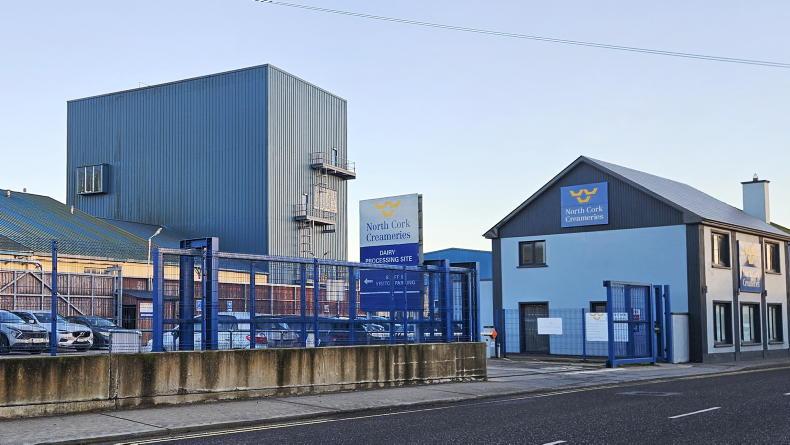
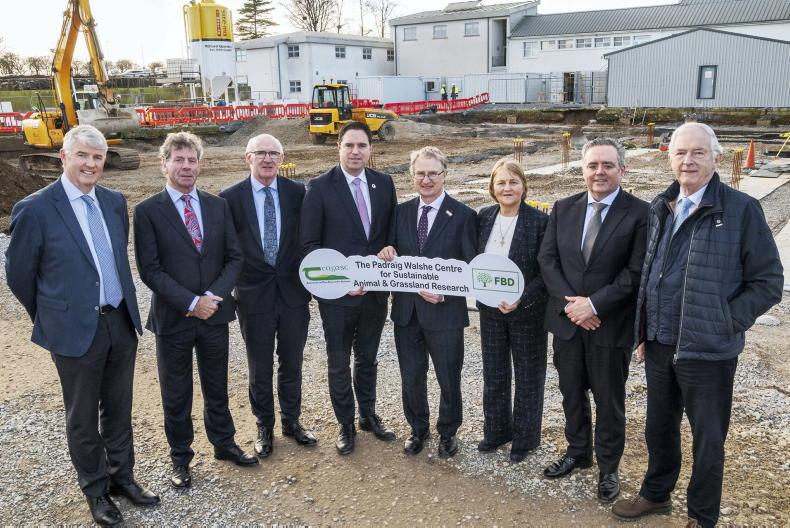
SHARING OPTIONS